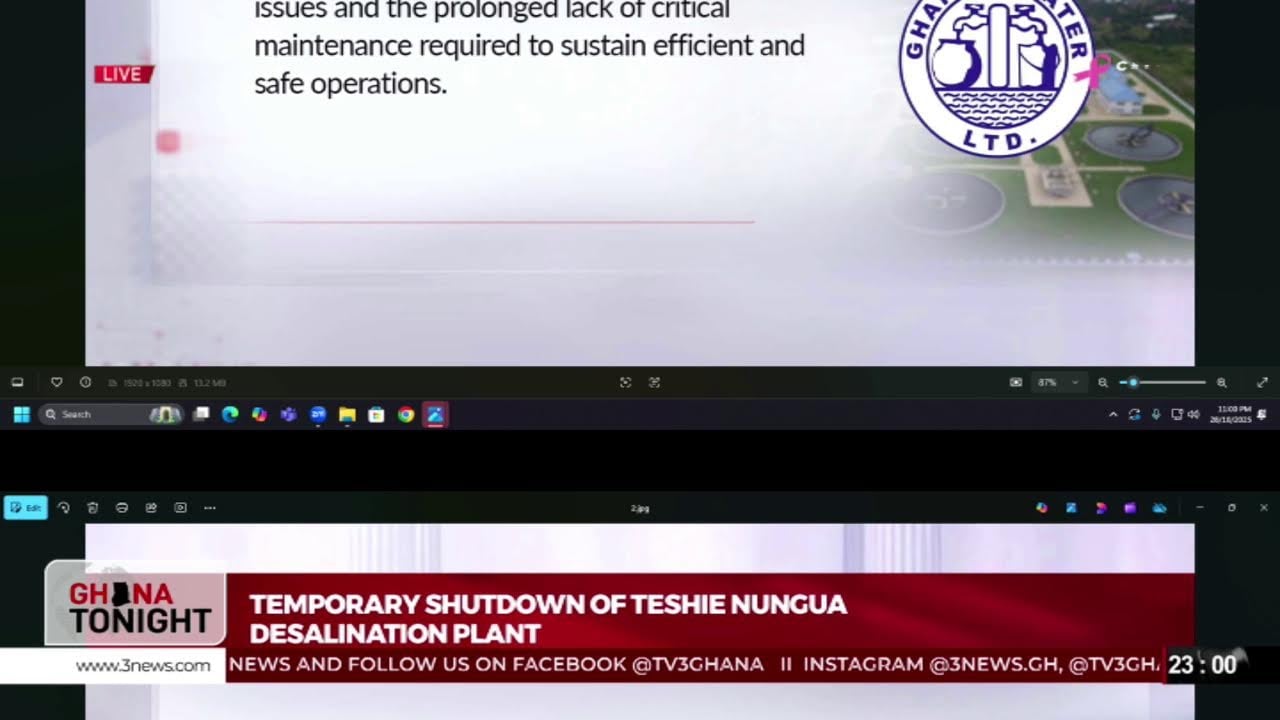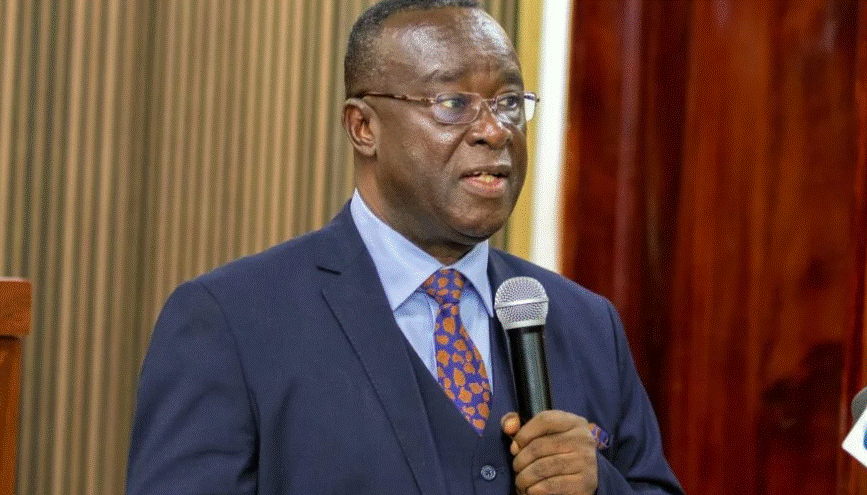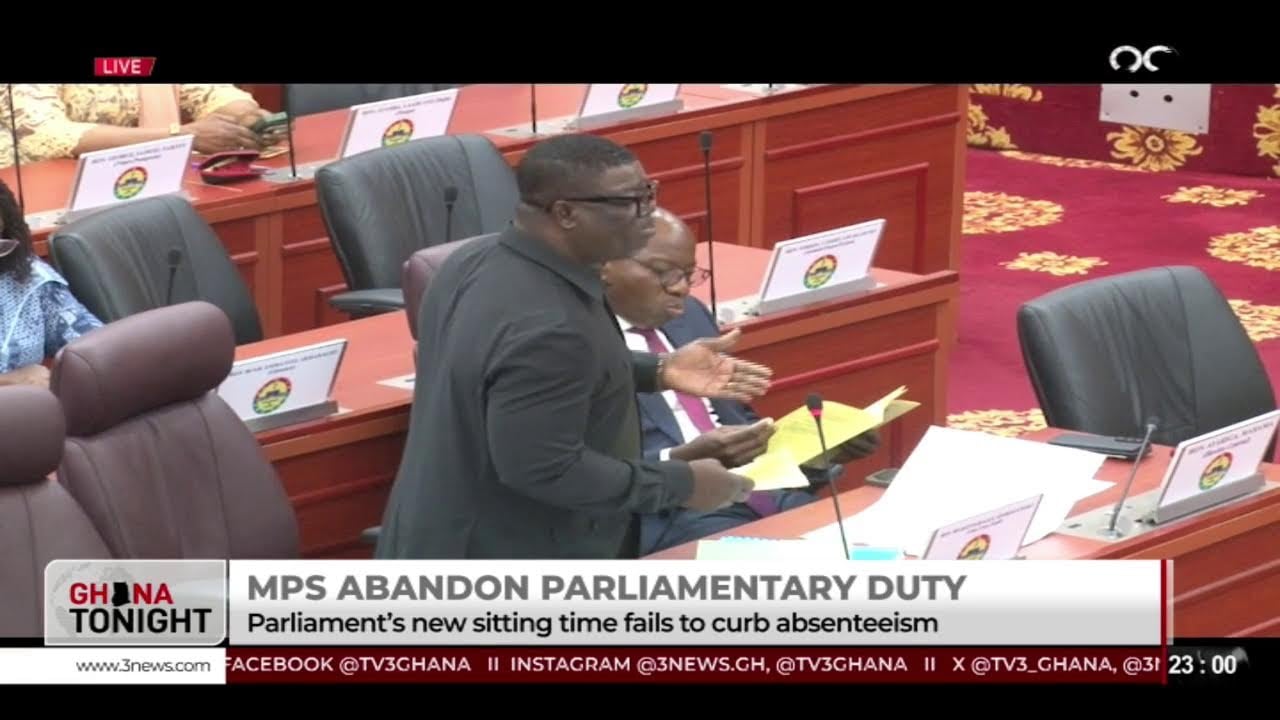
Concerns are mounting among financial experts regarding Ghana’s plans to finance a significant 63 percent of its 2025 budget deficit domestically.
This strategy, coupled with recent trends of rejected and undersubscribed Treasury Bills, has raised red flags about government’s ability to close the fiscal gap and its potential repercussions for the nation’s economy.
Finance and tax expert, Nelson Cudjoe Kuagbedzi has issued a stark warning, highlighting that the continuous rejection of bids and the failure to fully subscribe to Treasury Bill auctions pose a serious threat to the government’s deficit financing objectives. His caution comes on the heels of the recent auctions.

(Table showing T-bills auction trends from March 7-April 4, 2025)
According to Kuagbedzi, this trend has “significant implications for Ghana’s economy.” If government struggles to secure the necessary domestic financing, the nation could face a cascade of negative consequences. These include “increased borrowing costs, economic instability, inflation, currency depreciation, and even a sovereign debt crisis”, he noted.
Ghana’s challenges with deficit financing are not a new phenomenon. Historical data reveals a persistent struggle with revenue mobilization. Research indicates that the country’s budget deficits are often fueled by low tax collection. Currently, Ghana’s tax revenue as a percentage of GDP hovering around 13.9 percent. This issue exacerbates the current concerns surrounding the reliance on domestic borrowing.
Nelson Cudjoe Kuagbedzi acknowledges that deficit financing can be a double-edged sword. While it can inject much-needed funds into the economy and potentially stimulate growth, it also carries inherent risks if not managed prudently. “Uncontrolled deficit financing can lead to inflationary pressures, widen income inequality, and create overall economic instability.”
The current situation, marked by a high reliance on domestic financing and government’s apparent reluctance to accept high borrowing costs in the Treasury bill market, presents a complex challenge. It remains to be seen how government will navigate these headwinds to ensure a stable economic future for Ghana. Government needs diversified strategies to address these concerns and secure the necessary funds to meet its budgetary obligations without triggering adverse economic consequences. The interplay between government’s fiscal plans, investor appetite, and borrowing costs will be crucial in determining Ghana’s economic trajectory in the coming year.
By Eben Agyekum-Boateng, 3Business
The post Expert warns against high domestic financing of Ghana’s budget deficit amid T-Bill rejections first appeared on 3News.
Read Full Story
























Facebook
Twitter
Pinterest
Instagram
Google+
YouTube
LinkedIn
RSS